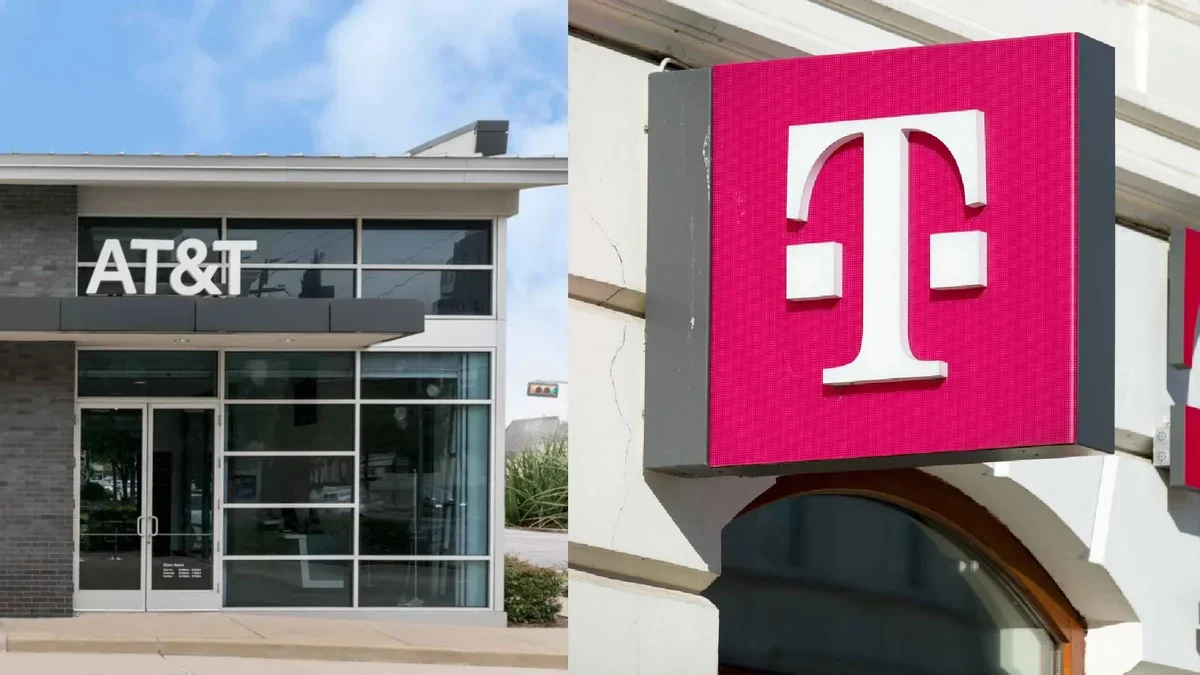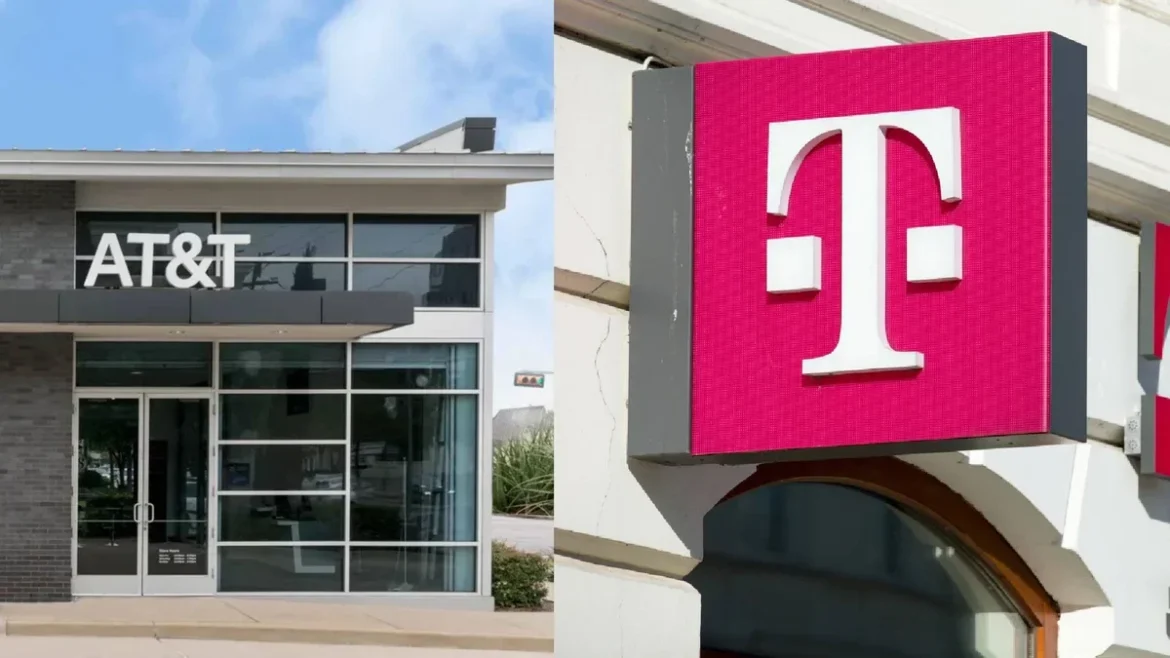
Carrier war fatigue is setting in
If the current growth trajectory continues, T-Mobile might soon unseat Verizon as the largest carrier in the US. That seems to be making Verizon and AT&T both feel insecure, which helps explain why both have been putting out ads against the carrier. AT&T‘s latest campaign takes aim at T-Mobile for misleading its customers. The company cited the Better Business Bureau’s advertising watchdog in its marketing content, reminding customers that T-Mobile has been asked to correct its marketing claims 16 times over the last four years.
This suggests that most people don’t want AT&T to undermine a self-regulation process that advertisers voluntarily work with. NAD’s goal is to promote honest advertising, but if its findings are weaponized, some companies might stop participating out of fear of public backlash or PR misuse.
AT&T’s violation of its agreement under the Procedures and its misuse of NAD’s decisions for promotional purposes undermines NAD’s mission to promote truth and accuracy of advertising claims and foster consumer trust in the marketplace.
BBB National Programs, October 2025
There might be more to it
Every major carrier wants you to believe they are at the top of their game, often by cherry-picking results and boasting only about the findings that favor them.
While carriers may like to blow their own trumpet, after a while, the messaging can stop having the intended impact. For starters, if a carrier boasts about being the best, it may create the impression that they have reached their peak and any further improvements will be difficult.
Other than that, customers who are receptive to a message don’t need to be reminded about it constantly. Others will simply tune out carriers that constantly annoy them with grand claims.
#Carrier #feuds #turning #customers
